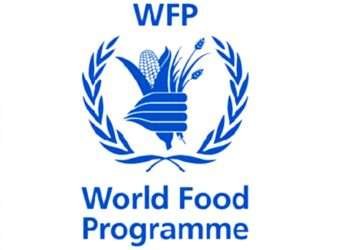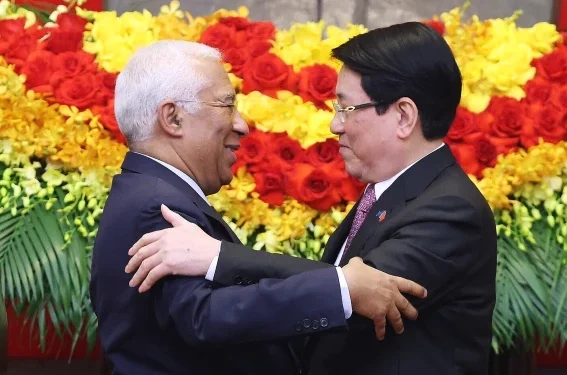Libya’s government has approved the sale of Hess’ Waha Oil stakes to both TotalEnergies and ConocoPhillips, according to Patrick Pouyanné, CEO of TotalEnergies.
Hess’ Waha oil concession of 8.16% will now be split equally between the French oil giant TotalEnergies (4.08%) and ConocoPhillips (4.08%), as cited by S&P Global Platts.
However, this transaction has attracted criticisms from local people, and with the election just over a month away, pressure was mounting on Prime Minister Abdul Hamid Dbeibeh to pass the deal.
According to S&P Global Platts sources close to the deal said the Deputy Oil Minister Refaat al-Abbar, who chairs the ministry’s technical committee for production affairs, had approved the sale over the past few days.
Meanwhile, new evidence suggests that the Prime Minister Hamid Dbeibeh welcomed and supported the proposed joint acquisition, as found in a letter dated November 9, 2021.
“Your willingness to strengthen the partnership with the shareholders in the Waha fields is well noted in order to meet the challenges facing the development,” the Prime Minister said in the letter seen by Platts.
Noting this claim, he however asked the two companies to contribute $45 million to a wholly owned government entity that will be designated in the course of the finalization of the transaction agreement.
These funds will be directed towards “infrastructure projects in relation to youth and sports,” which would enhance stability and prosperity in the North African oil producer, S&P Global Platts noted.
Libya’s Oil Sector suffers from lack of funds
Meanwhile, both TotalEnergies and ConocoPhillips currently have a 16.3% stake in the Waha concessions, which have the capacity to produce almost 400,000 b/d.
These concessions are strategically very important in Libya, located in the prolific eastern Sirte Basin. The development of Waha’s North Gialo and NC-98 oil fields are a priority for Libya, and production from these sites is poised to rise by 175,000 b/d.
Libya’s state-owned National Oil Corporation is currently the operator of the Waha concessions and is also involved in the current negotiations.
For Libya, this presents opportunities for the country’s oil sector as it appears desperate to generate more interest from international oil companies, given that its recent production recovery has been stymied by a lack of funds.
TotalEnergies, Eni, ConocoPhillips, OMV and Repsol are some of the IOCs present in Libya, but the likes of BP, Shell and ExxonMobil do not currently operate in the OPEC producer anymore.
Libya’s production recovery has recently faced some budgetary, infrastructure and technical issues.
A lack of finance allocated for maintenance and repairs caused by political instability has made it difficult for the NOC to maintain the assets, capping output.
Libyan crude production has averaged 1.14 million b/d so far in 2021, according to S&P Global Platts estimates, as it faced issues arising from its halted infrastructure and a lack of funds.
The country holds the largest proven reserves of oil on the continent and its main export crudes are sought after by refineries in the Mediterranean and Northwest Europe for their gasoline and middle distillate yields.
READ ALSO: Police handling crowd leads to clashes at protests- FixTheCountry convener























